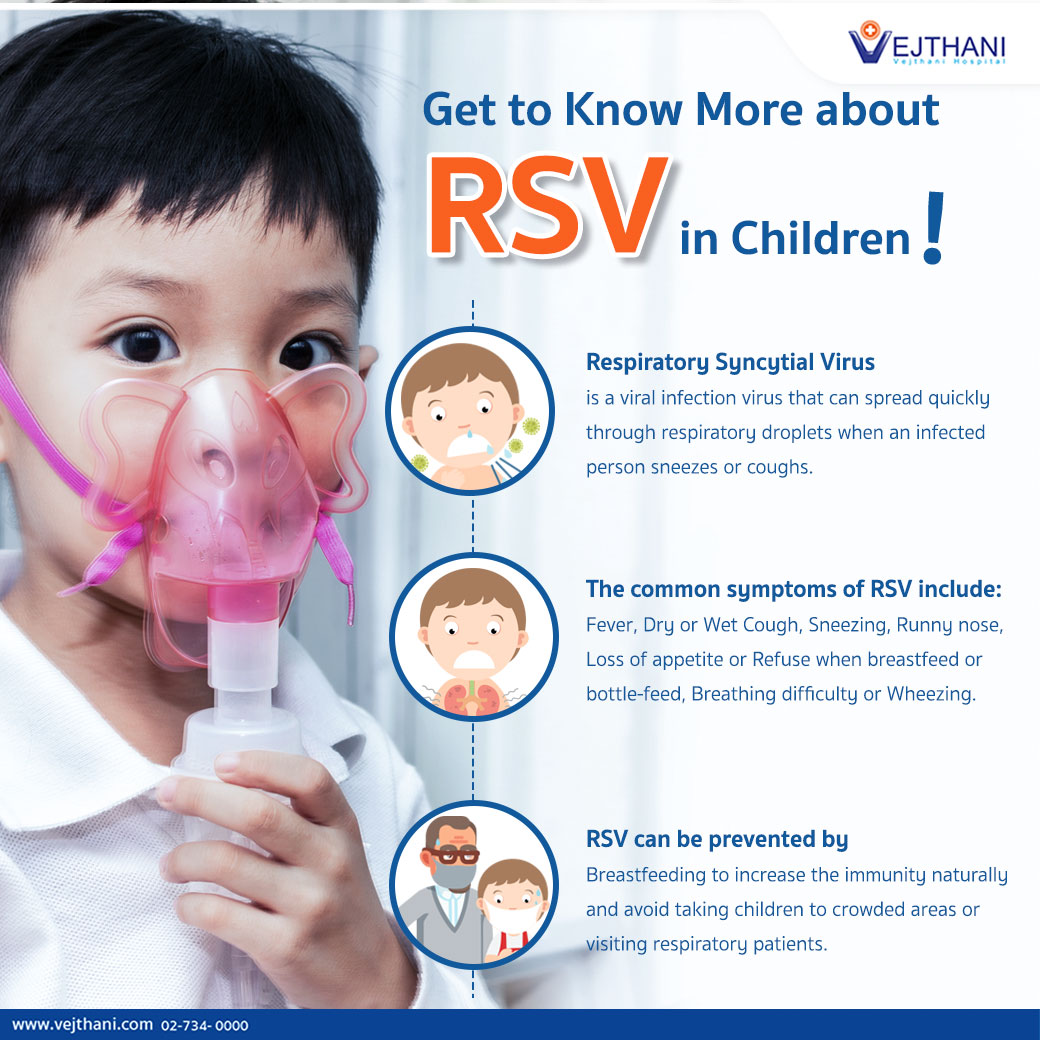What Is Rsv Virus
Respiratory syncytial sin SISH uhl virus or RSV is a common respiratory virus that usually causes mild cold like symptoms Most people recover in a week or two but RSV can be serious Infants and older adults are more likely to develop severe RSV and need hospitalization Key Takeaways. For most children and adults, the first signs of RSV are nasal congestion, runny nose, and sore throat. RSV infections can last anywhere from five to 10 days from when symptoms start, but days.

Espa ol Print Symptoms People infected with RSV usually show symptoms within 4 to 6 days after getting infected Symptoms of RSV infection usually include Runny nose Decrease in appetite Coughing Sneezing Fever Wheezing These symptoms usually appear in stages and not all at once Respiratory syncytial virus ( RSV ), [a] also called human respiratory syncytial virus ( hRSV) and human orthopneumovirus, is a contagious virus that causes infections of the respiratory tract. It is a negative-sense, single-stranded RNA virus. [2] . Its name is derived from the large cells known as syncytia that form when infected cells fuse.
What Is Rsv Virus
Overview What is RSV RSV respiratory syncytial virus is a virus that can lead to a respiratory infection in babies children and adults of all ages An RSV infection usually causes a mild cold like illness that goes away in one to two weeks What is rsv and why is it a big deal q a with infectious disease. Respiratory syncytial virus a gg protein the native antigen companyInfec o pelo v rus sincicial respirat rio conselho m dico.

RSV Cases Exceed Epidemic Levels In Lubbock The Hub TTU

US Greenlights Groundbreaking Vaccine For Expectant Mothers To Shield
Treatment Self care Preparing for your appointment Diagnosis Your doctor may suspect respiratory syncytial virus based on the findings of a physical exam and the time of year the symptoms occur During the exam the doctor will listen to the lungs with a stethoscope to check for wheezing or other abnormal sounds Overview. What is RSV in adults? Respiratory syncytial virus (RSV) is a virus that can lead to an upper respiratory infection in adults of all ages. Most people think of RSV as a virus that affects babies and kids. RSV spreads easily among children and can lead to severe symptoms, especially in infants.
Treatment Prevention FAQ Takeaway Respiratory syncytial virus RSV infection is a common cause of lung and airway infections in infants and small children Symptoms are similar to Respiratory syncytial virus, commonly known as RSV, is a common respiratory infection that affects children and adults. Most children contract RSV before the age of 2. RSV is not usually a serious condition; however, high risk groups — especially infants — can develop serious cases and require a hospital visit.
